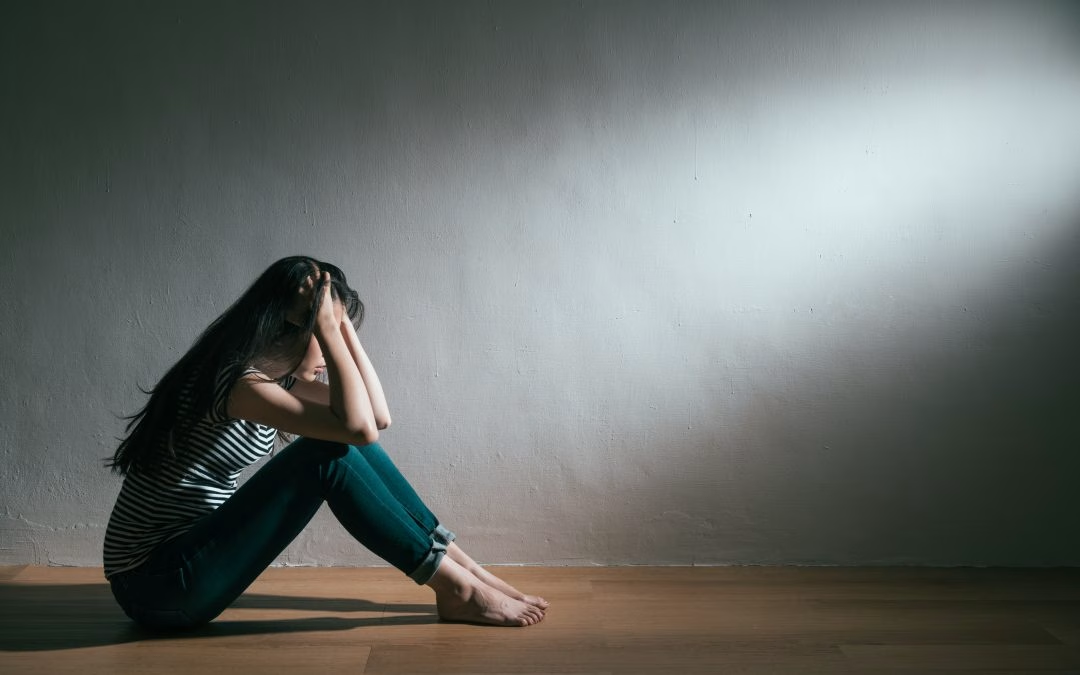
Learn about Seasonal Affective Disorder (SAD), its symptoms, causes, and treatment. Visit urgent care near you to manage SAD today.
Seasonal Affective Disorder (SAD) is a form of depression tied to the changing seasons, often striking in the fall and winter when days grow shorter and sunlight is scarce. It’s more than just the “winter blues”—SAD is a real mental health condition that can significantly affect mood, energy, and daily life.
In South Asheville, NC, the winter season brings crisp mountain air and festive local traditions, like visiting the Winter Lights at the North Carolina Arboretum. However, for some, this time of year also brings feelings of sadness, low energy, and isolation. If these emotions resonate with you, understanding the symptoms of Seasonal Affective Disorder (SAD) can help you take the first step toward feeling better and fully enjoying all that South Asheville has to offer this winter.
Visit AFC South Asheville today.
What Are the Common Symptoms of SAD?
SAD can present with emotional and physical symptoms similar to other forms of depression. These are some of the most frequently reported signs:
- Persistent sadness: Feeling down or hopeless for extended periods.
- Loss of enjoyment: No longer finding joy in hobbies or activities you used to love.
- Fatigue: A constant feeling of exhaustion, even with adequate rest.
- Sleep issues: Oversleeping or struggling to get out of bed in the morning.
- Appetite changes: Craving carbs or overeating, often resulting in weight gain.
- Difficulty focusing: Trouble concentrating on tasks or making decisions.
- Social withdrawal: Isolating yourself or avoiding interactions with others.
- Feelings of guilt or hopelessness: Overwhelming emotions that lower self-esteem.
If your symptoms tend to appear in the spring or summer, you might experience agitation, insomnia, and weight loss rather than lethargy.
How Can You Tell If It’s SAD?
Because SAD symptoms overlap with conditions like general depression or physical health issues, recognizing it can be challenging. Keep an eye out for these patterns:
- Seasonal onset: Symptoms consistently appear during the same season each year.
- Recurring episodes: Signs resurface annually, often during fall or winter.
- Length of symptoms: Persistent symptoms lasting two weeks or longer.
Our healthcare providers can help confirm a diagnosis by conducting physical and psychological evaluations to rule out other causes, such as thyroid problems or anxiety disorders.
What Causes SAD?
The precise cause of SAD isn’t fully understood, but several factors may contribute:
- Reduced daylight: Shorter days disrupt your internal clock (circadian rhythm), leading to mood changes.
- Serotonin levels: A decrease in this brain chemical, which regulates mood, can trigger depressive symptoms.
- Melatonin disruption: Changes in sunlight affect melatonin production, interfering with sleep and mood.
How Can You Treat and Manage SAD?
If you think you’re dealing with SAD, there are several effective treatment options to consider:
- Light therapy: Using a light box for 20–30 minutes daily can simulate natural sunlight and alleviate symptoms.
- Therapy: Cognitive Behavioral Therapy (CBT) can help reframe negative thoughts and establish healthy coping mechanisms.
- Medication: Antidepressants may be beneficial for severe or persistent symptoms.
- Healthy habits: Regular exercise, a nutritious diet, and maintaining a consistent sleep routine can support mood and energy.
In South Asheville, NC, embracing outdoor activities can also help. Take a stroll through Lake Julian Park or enjoy the walking trails at the North Carolina Arboretum on brighter days—even brief exposure to daylight can positively impact your mental health.
When Should You Visit Urgent Care?
If SAD symptoms interfere with your daily life or prevent you from enjoying seasonal activities, it’s essential to seek professional help at your local urgent care near you. Early intervention can help you regain control over your mental health and prevent symptoms from worsening.
Don’t let SAD keep you from enjoying life’s joys. With the right care, you can reclaim your energy and happiness, no matter the time of year.


